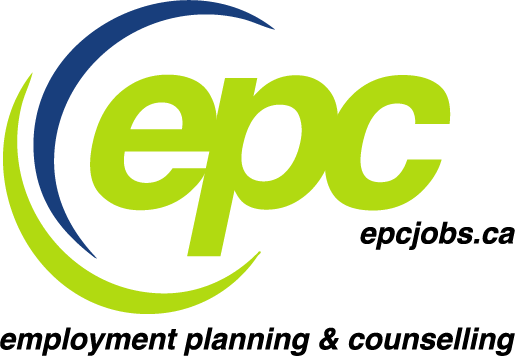As an Employment Counsellor, a major part of my job is coaching people on job interviews. I have the benefit, in this job, of having personally been in more job interviews than most people will in a life time. When I was younger, I worked as a seasonal labourer and had to find a new job every winter when I got laid off from my summer gig. Over the years I have worked in customer service roles, print production, restaurants, general labour, in education, publicity and, even for a little while, as a junior forest ranger. Interviewing has just always been a part of my life. Over the years I have learned five reasonably simple things that have had a major impact on my interview skills. Doing these things won’t be a complete substitute for good preparation, but if practiced as part of your interview prep they can give you much more control over interview situations.
1. Research the company.
Put the time in. Employers want to know that you are interested in their job. Knowing something about them tells them you care about the opportunity and that you will probably be motivated, reliable and dependable. Go to their website and pick out as little as three things you like about the company.
2. Keep it professional.
3. Stop starting sentences with “Although” and “Even though.”
I have had lots of clients who are so afraid of overselling themselves and getting “found out” that they really undersell themselves. When you start a sentence with “although” or “even though” (for example, “Even though I don’t have much experience…”) you are introducing a doubt that you have about yourself that you have not been asked about. If an employer has asked you for an interview, they believe you could do the job. They wouldn’t waste their time if they didn’t. They may have concerns but they are interested enough in your resume to bring you in. If they do have doubts, they will ask about them.
4. When asked about a weakness, negative or problem; don’t avoid the question; use it as a chance to talk about your problem solving skills.
Most people will try and present a weakness as a strength. This is a missed opportunity. We have weaknesses. Conflict is a part of life and actually an important part of a healthy workplace. We as individuals, our customers, co-workers, and our bosses are all going to come to every situation with strengths and weaknesses and sometimes we are all going to get it wrong. Take ownership of this and the amazing strategies you have developed for working in and around the situations that arise from these challenges.
I worked with an employer once who said to me, “I know people have weaknesses; I know people get fired and have conflicts. I also need to know that these things are not going to be a problem in my workplace.” Be prepared to talk about challenging situations and difficult decisions. Own your weakness in a way that illustrates your ability to make choices and creatively work around and with it. Use a strength to offset a weakness; give examples from your work history to times you have succeeded by finding ways to overcome a weakness; talk about how conflict has spurred you to create a change for the better.
5. The only proof you have in a job interview is a good story.
I wish I could take credit for this but I learned it from a consultant, Alan Anderson, in an employment services seminar and it really stuck with me. You can say you are a good team player, a multitasker or a leader but these are just buzz words if you can’t back them up with concrete and relevant examples from your work history of times when you used these attributes to succeed. I knew the operations manager for a business services company who told me that back when he began his career in customer service, he started keeping a list of his success stories and would review them before going into an interview. Not only did it help his confidence but he had dozens of stories in his back pocket that he could use to prove he had the skills needed to do the job to the employer and to himself.
By adopting these five simple strategies you can really change the tone and quality of your interviews. I’m not saying that these things won’t take some time and practice but the results are worth it and when you are competing with other for a job you really want. Preparing in this way can really help you come out ahead. Also, don’t think you have to do this alone. One of the services most employment centers like ours provide is the opportunity to do mock interviews.
Contact us at EPC and make sure that you are ready for your next interview.

